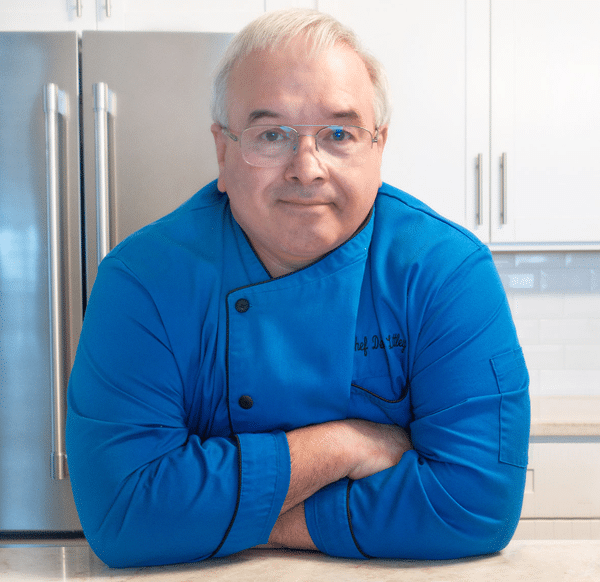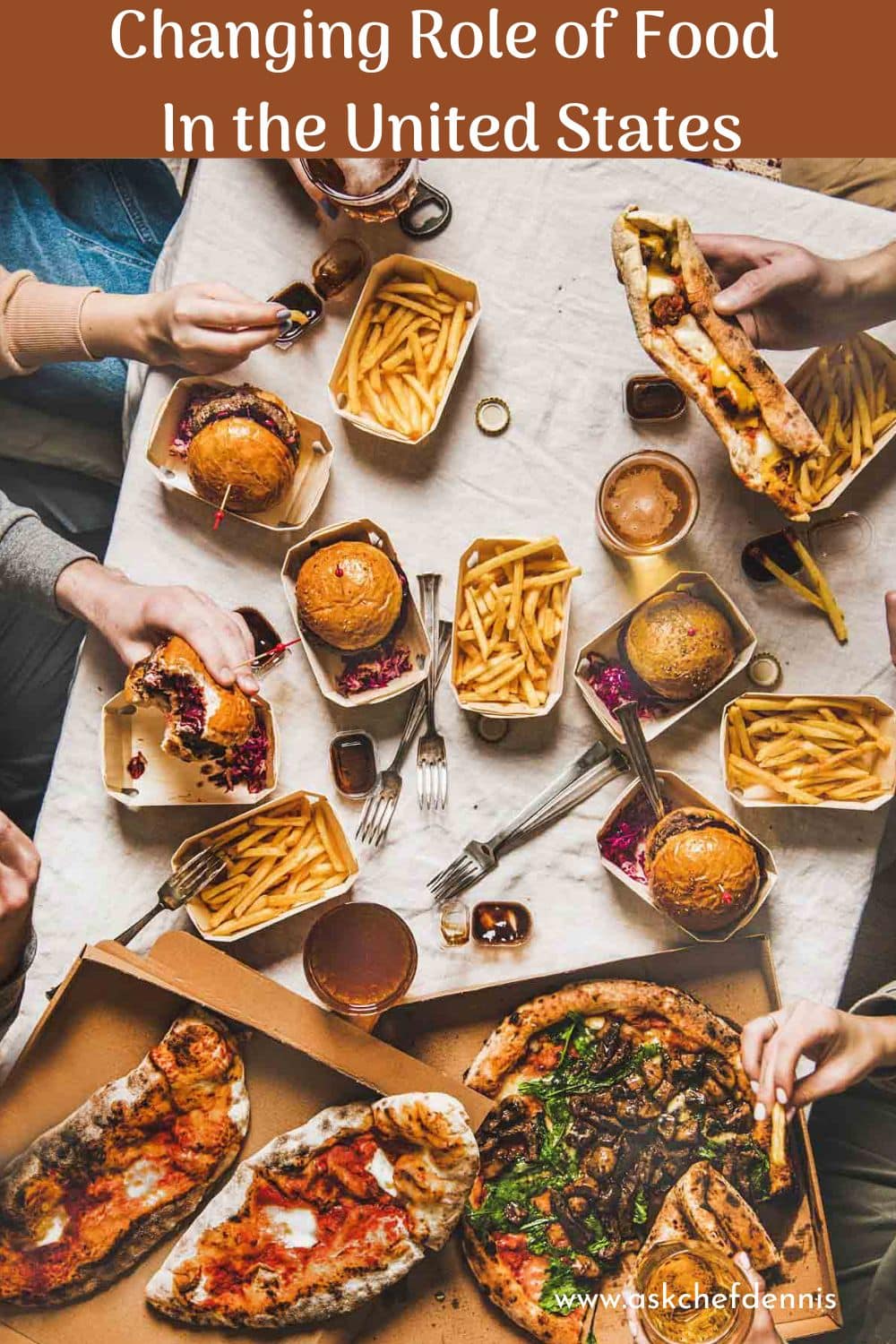We love exploring the connection between people and food,so much so that we surveyed nearly 6,000 foodies across the United States to better understand your attitudes toward food,cooking,dining,and everything in between.
The survey results reveal fascinating insights into how food fits into our daily lives,from what makes someone more attractive in the kitchen to how often we indulge in takeout. Let’s dive into the key findings,highlighting state-by-state trends and what they say about our evolving relationship with food.

Table of Contents:
Is Food the Most Important Thing in Your Life?
One of the first questions we asked was simple:“Is food the most important thing in your life?” The answer? For most of you,the answer was no. In fact,across all the states surveyed,the majority of you said that while food is important,it doesn’t rank at the very top of your priorities.
For example,93%of respondents in Washingtonsaid food isn’t their number one priority,and in Californiaand Alaska,92%agreed.
However,the state with the highest percentage of people who said food isn’t their most important focus was Nevada,where an overwhelming 96%of respondents said no. On the other hand,Louisianahad the lowest percentage of respondents saying no,with only 83%stating food wasn’t the most important thing in their lives.
This trend shows that while food plays a big role in our lives,many of you are focusing more on careers,family,and other pursuits. But it’s also worth noting that food still holds cultural importance in states like Louisiana,where fewer people are willing to downplay its significance. Here’s a closer look at the top and bottom states.


| State | Food isn’t important |
| Washington | 93% |
| Alaska | 92% |
| California | 92% |
| Indiana | 91% |
| New Jersey | 91% |
In states like Nevada,fast-paced lifestyles and a rise in meal delivery services might explain why food is taking a backseat to other aspects of life.
It seems people would rather order KFC than create some chicken recipes at home with their loved ones.
Would You Pay Over $1,000 for a Meal?
Next,we asked how much you’d be willing to spend on a one-off luxury meal. We were surprised to see just how many of you were open to splurging. For instance,66%of respondents in Alaskasaid they’d consider paying over $1,000 for a special meal,followed by 58%in Washington. On the other hand,only 33%of Californians were willing to fork out that kind of cash,reflecting a lower tolerance for extravagant dining expenses.
The willingness to spend on a luxury meal is a sign of how food is increasingly seen as an experience,not just nourishment. High-end dining experiences,like those offered at exclusive restaurants,have become status symbols in certain places. However,in states like California,where food culture is diverse but not necessarily tied to high-end dining,the willingness to spend big drops.
Does a Good Cook Make Someone Seem Sexier?
One of the most fun questions we asked was:“Does being a good cook make someone sexier?” The overwhelming response was yes,especially in states like Mississippi,where 91%of you agreed that culinary skills boost attraction,and who can blame them? Especially if they’re whipping up some delicious oven-fried chicken. Alaskawasn’t far behind,with 86%of respondents saying that cooking makes someone more desirable. Meanwhile,Coloradohad the lowest,with only 52% saying that being a good cook adds to a person’s sex appeal.
This question highlighted just how closely linked cooking is to personal connection and care. In states like Mississippi,where traditional values and home cooking are celebrated,it’s no surprise that cooking is considered a desirable trait. Even in states like Alaska,where self-sufficiency is key,the ability to cook resonates deeply. But in places like Colorado,where the lifestyle might be more independent and focused on outdoor or adventure activities,cooking takes a backseat.
Who is Ordering Take-Out the Most?
Another interesting data point we looked at was how often you order takeout. In California,63% of you said you order takeout between 1-5 times per month. In Alaska,that number shot up to 93%—a significant difference that might reflect the geographical challenges of food access in more remote areas.
The rise of food delivery apps like Uber Eats,and DoorDash has made takeout an everyday convenience,particularly in states with larger urban centers. However,states like Alaska show us that even in less populated areas,takeout plays an important role in your dining habits,likely due to fewer dining-out options.
Do You Leave Bad Reviews for Freebies?
One of the more controversial questions in our survey asked if you would leave a bad review to get something for free. Surprisingly,77%of you in Washingtonadmitted that you would. In contrast,only 18%of Californianswere likely to leave a bad review with hopes of compensation. This split likely reflects regional differences in dining culture and expectations.
In states like Washington,where dining out might come with higher expectations due to price or quality,the temptation to leave a bad review for something in return is more common. But in Cali,,with its laid-back approach and wide variety of food options,fewer of you feel compelled to take advantage of the review system.
Thoughts:The Evolution of Food in the United States
As we explore these findings,it’s clear that food means different things to different people. In some states,it’s a functional necessity,while in others,it’s still a central part of culture and identity. Whether it’s about splurging on a high-end meal,finding romance through cooking,or navigating takeout options,your relationship with food is as diverse as the country itself.


Chef Dennis Littley,Founder of Ask Chef Dennis Productions
“Food is more than just something we eat. It’s how we connect,show we care,and sometimes,even how we see ourselves. Whether you’re cooking at home or exploring new dining experiences,food is always there,shaping our lives.”
So,how does food fit into your life? Wherever you fall in the survey,it’s clear that our love for food—whether practical or passionate—is one thing we all share.
We’ve made the data easily digestible and available to view in full here.
For any press inquiries,please contact Jake Holyoak (jake@one-march.co.uk)

